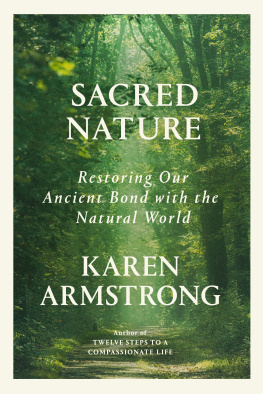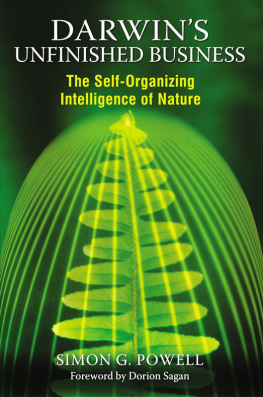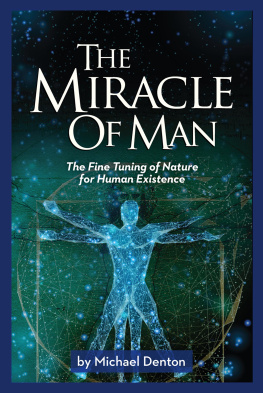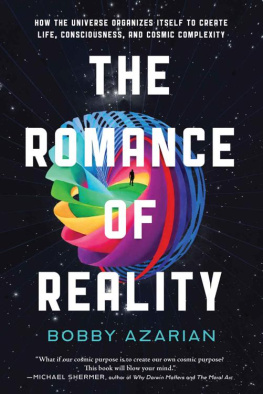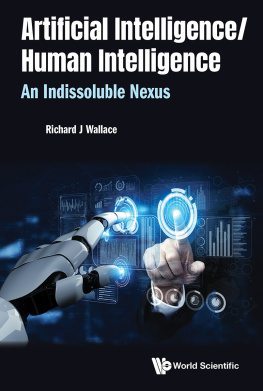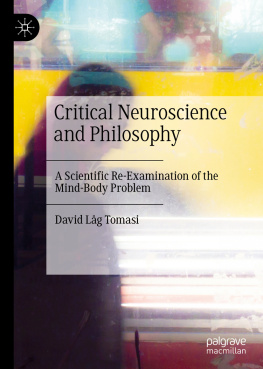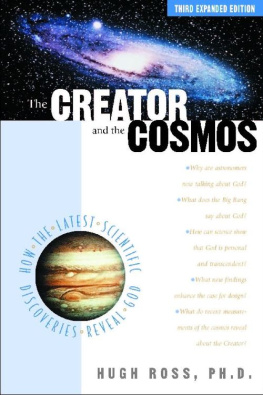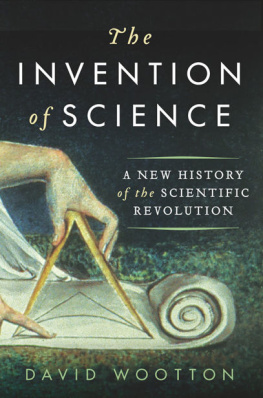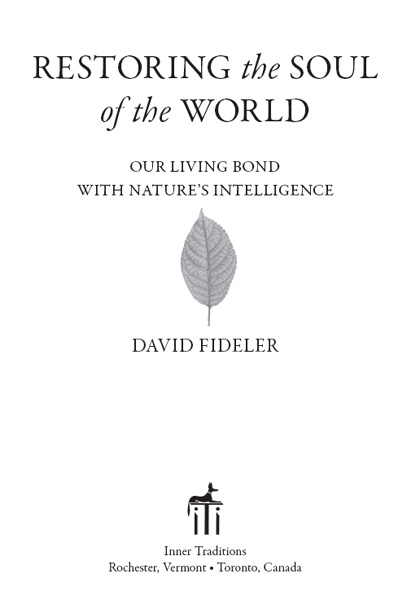
RESTORING the SOUL of the WORLD

David Fideler is a scholar and thinker of the first rank, and this marvelous book presents his profound historical, scientific, and philosophical expertise in a brilliant synthesis that is accessible to everyone. It is a beautifully written and wide-ranging guide to the history of the soul of the world. Drawing together threads from every field of human endeavor, from theology to poetry and astrophysics to biology, it is the most exciting, uplifting, and optimistic exhortation to engage with and restore the magical world around us that I have read in a long time.
TOM CHEETHAM, PH.D., AUTHOR OF ALL THE WORLD AN ICON
Restoring the Soul of the World goes beyond the goal of sustainability to a new vision of our role here on Earth as renewing and regenerating a world that we feel emotionally committed to and want to care for and understand from a long-term view. This book is optimistic in the best waybased not just on hope or determination but on science, on an exciting array of successful solutions, and a daring kind of spiritual freedom rooted in the cosmos. This outlook could transform the world.
NANCY ELLEN ABRAMS AND JOEL R. PRIMACK, AUTHORS OF THE NEW UNIVERSE AND THE HUMAN FUTURE
Restoring the Soul of the World is the most far-reaching book available on more profound ways of understanding how we are connected to the cosmos. David Fideler reveals previously hidden traditions and ways of understanding ourselves and nature, exploring our relationships to natures intelligence as no one has before. A classic: you need to read this book.
ARTHUR VERSLUIS, PROFESSOR OF AMERICAN STUDIES AT MICHIGAN STATE UNIVERSITY AND AUTHOR OF PERENNIAL PHILOSOPHY AND SACRED EARTH
In Restoring the Soul of the World, David Fideler highlights the paradigmatic foundations of seemingly intransigent religious, scientific, and economic beliefs. But he then takes the crucialand all too rarestep of interpreting and integrating these histories to illuminate a path forward. He pragmatically demonstrates how models of regenerative strategies can be found all around, and that restoring the soul of the world begins with becoming attuned to the cycles and patterns of a living universe.
DAVID MCCONVILLE, CHAIRMAN OF THE BOARD OF THE BUCKMINSTER FULLER INSTITUTE
In this timely and absorbing book, David Fideler traces our long relationship with the world soul, chronicling how our experience of the spiritual power of nature was lost in a mechanized world. Yet Fideler brings real hope. Drawing on recent scientific discoveries and solutions, he envisions a way for humanity to collaborate in a living but damaged paradise. This book will help many people take heart.
TRACY COCHRAN, EDITOR FOR PARABOLA MAGAZINE
Restoring the Soul of the World is a wonderful book. I challenge anyone to read it intently and not feel the presence of the anima mundi or hear the hum of the music of the spheres. David Fideler is an inspiring guide on an enlivening excursion through the intelligence of nature. He brings together heart and mind in an alchemical fusion uniquely his own.
GARY LACHMAN, AUTHOR OF THE CARETAKERS OF THE COSMOS
Restoring the Soul of the World is a timely rallying call to reimagine our relationship with our world, our culture, and our cosmos. Through a masterful overview of the history of forgotten knowledge, Fideler reveals the unsuspected connections between ancient thought and the cutting edge of contemporary natural science.
LEON MARVELL, DEAKIN UNIVERSITY FACULTY MEMBER AND AUTHOR OF TRANSFIGURED LIGHT
Acknowledgments
Since this book was written over a long period of time, beginning in Michigan and ending in Sarajevo, there are too many friends and colleagues to thank for their assistance, but at least a few must be singled out.
Special thanks to Theodore Roszak for his inspiring body of writings, for encouraging my work, and for his willingness to serve on my doctoral committee. Thanks also to Richard Tarnas, Ralph Abraham, Joseph Meeker, Joel Primack, E. C. Krupp, and Robert Romanyshyn. Special thanks to Roger S. Jones, for carefully reviewing the sections on physics, and to Gwendolyn Faasen for her editorial feedback on the manuscript.
Thanks to poet Kathleen Raine for her many years of encouragement; to my lifelong friend Arthur Versluis for so many stimulating conversations; and to my astronomy friend Andy Harwood, who was there when I began writing, and with whom I spent many memorable nights observing and photographing galaxies, globular clusters, and two astonishing comets. Thanks to my family, Almira and Benjamin, and the people, mountains, buildings, and roses of Sarajevo, which make my life beautiful. Finally, thanks to the staff at Inner Traditions, for the work they put into publishing this book.
For Almira and Benjamin, my two nearest bonds with the living universe.
Introduction
In Search of the Living Universe
The most beautiful experience we can have is the mysterious. It is the fundamental emotion which stands at the cradle of true art and true science. He to whom this emotion is a stranger, who can no longer wonder and stand rapt in awe, is as good as dead.
ALBERT EINSTEIN
We have the greatest technological knowledge of any civilization, but we have forgotten what it means to be alive in the world, to be alive in a living universe. Yet without this living connection to the world, our lives become trivial, routine, and mechanical. Being cut off, we start to wonder about the meaning of life and raise other abstract questions, while meaning itself is an experience of being bonded to the world and others at the very deepest level.
Its strange how the history of Western civilization has in some ways mirrored the unfolding life stages of individuals. We start life enraptured and ecstatic, intoxicated by the beauty and wonder from which we have emerged, the brilliant epiphanies that surround us on every side. The world is sensed, tasted, and felt spontaneously in deeply intimate ways. As children, the world fits us like a glove. To color, sound, or a glimmer of light, we respond with sympathy and curiosity. To the face of a loved one, we respond with instantaneous joy. Childhood is a time of belonging, and we sense the world as deeply mysterious, luminous, and awe-inspiring. The world is not something distant or remote, but a part of our own being that is bubbling with life, full of excitement and infinite mystery.
As we grow older, that begins to change. At an early age, the educational system starts, bit by bit, to erode our native enthusiasm, preparing us for the adult world of duty and responsibility. Things are not studied to be loved but to be mastered. We learn discipline, hard work, and self-control, all of which are necessary for our personal development. But despite the need for these skills, something is lost in the process. The very best teachers seek to inspire enthusiasm, but even with their good efforts our view of the world begins to subtly change. By the time we are young adults, the world is becoming less of an epiphany and more of a distant objectsomething to be approached with control to ensure our success in life. We become highly concerned with our role in society, and life becomes a maze, something that needs to be navigated with foresight in order to attain our goals. In essence, we become calculating and manipulative, andthough born out of luminous depthsthe living, vibrant world begins to recede in the background. As we prepare for the hard work of adult life, we are simultaneously strengthened and diminished.


